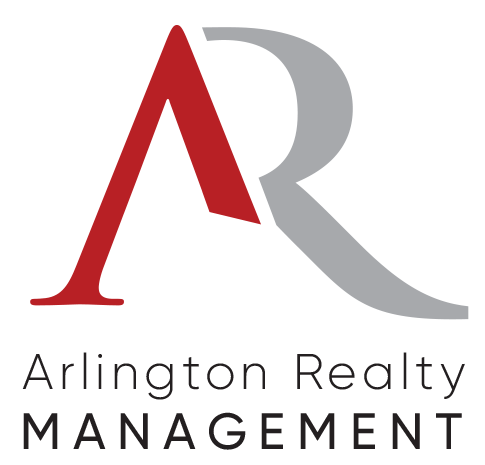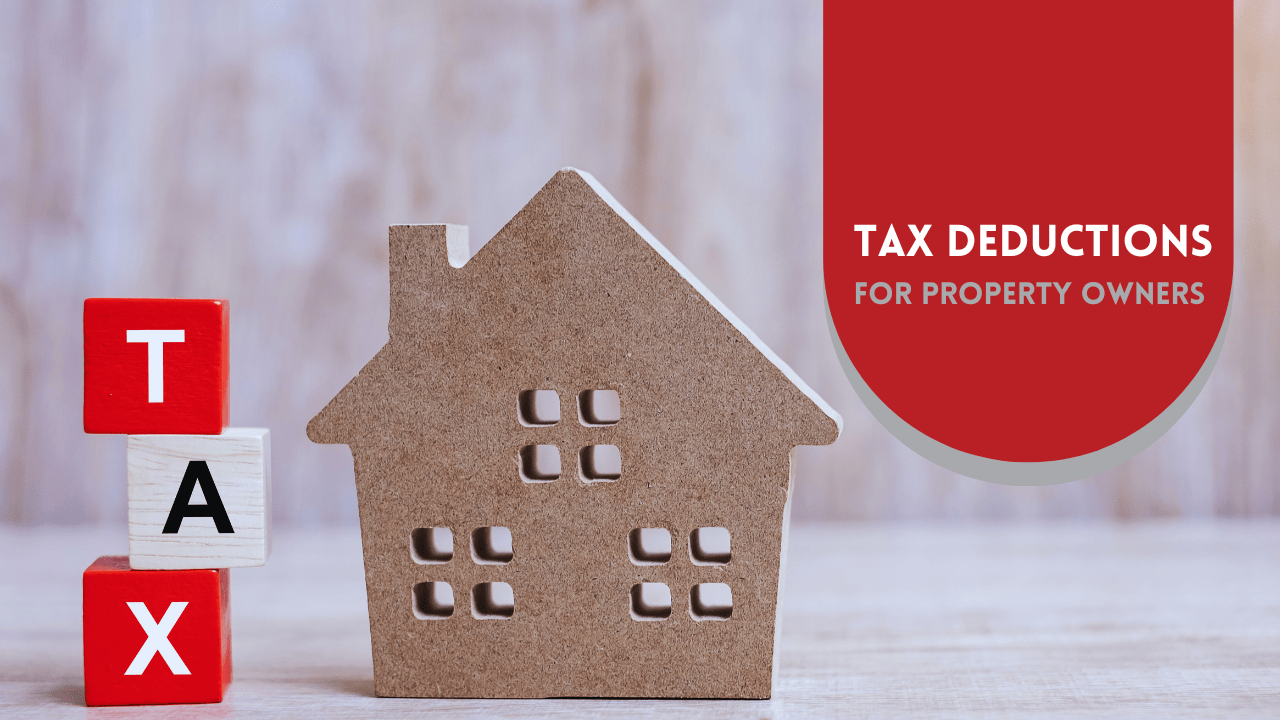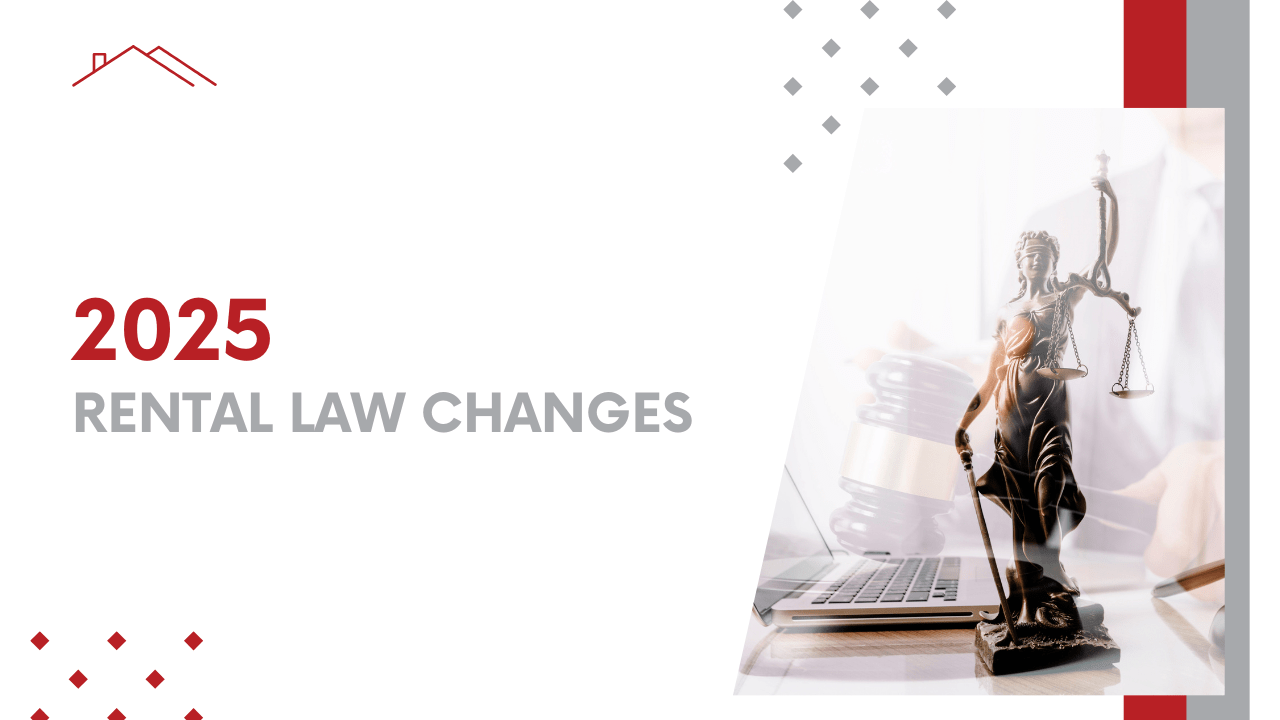We’re not sure how much time you spend thinking about taxes, but if you’re like most Arlington real estate investors, you likely spend most of that time bemoaning what is owed. No one loves to pay their taxes, even if they can intellectually understand the necessary services that taxes provide.
It’s not all bad news, though, is it? Investors who are renting out properties have a number of tax benefits to enjoy, which can reduce what is owed to the various governments looking to collect a share of profits.
At Arlington Realty Property Management, we are not tax attorneys. We are not certified accountants. Our understanding of taxes is linked inherently to our ability to help property owners understand where their best tax benefits may be found. We’re talking about what you need to know about your tax deductions and the advantages they can provide. Every situation is unique, of course, so contact us for a more customized discussion, and always talk to your accounting professional before filing any tax forms.
Depreciation and Your Arlington Rental Properties
One of the most generous IRS tax benefits for
real estate investors and rental property owners is depreciation. This allows you to write off part of the loss of value that any property experiences as it ages.
It doesn’t make sense, does it, considering how hard we work to
ensure your propertyappreciatesin value.
But, the IRS recognizes that properties undergo wear and tear and general deterioration, no matter how great its condition. The IRS has established 27.5 years as the amount of time that residential property depreciations under its General Depreciation System.
You can accelerate the depreciation loss with your rental property, which will help you lower your taxable income for the year at tax time.
Here’s how it works for rental property owners:
- First, depreciation of rental property is generally reported on Schedule E of a standard 1040, although there are situations in which you would use other forms. For example, Form 4562 may be used if you claim depreciation on a property in the year that you put it into service as a rental property.
- To claim depreciation as a deduction on your taxes, these conditions are required:
- You must own the property for which you are claiming depreciation. There are limited exceptions to this.
- The property must produce income for you, meaning you must collect rent on that property.
- You must be able to determine the useful life of your property. It’s going to be different based on the type of property being depreciated. Everything has a different life cycle, or rate at which it wears down. For real estate, this is somewhat standardized and the 27.5 years applies, unless your property is subject to the Alternative Depreciation System, in which case it’s 30 or 40 years (this is rare).
-The useful life of the property must be greater than 1 year. Nothing that wears out in less than a year can be depreciated on your taxes.
- You cannot depreciate the land that your property is on. This applies only to the property itself.
Depreciation is often misunderstood, and it’s easy to miscalculate what you can claim. Make sure you are entitled to this tax break, and talk to a professional to determine what your benefit is.
Mortgage Interest and Property Tax Deductions
For most rental property owners, mortgage interest is one of the largest deductions that they’ll enjoy at tax time. If you have a loan on your Arlington rental property, the interest paid on that loan is deductible. It’s important to keep proper records of your payments to calculate exactly what you owe and ensure compliance with tax laws.
Local property taxes in Arlington or wherever your investment happens to be can also be deducted from your
rental income. This can be a substantial annual saving for property owners. Make sure to retain all records of your tax payments to claim this deduction properly.
Deducting Expenses Associated with Rental Property
A lot of the general expenses you encounter as a rental property owner can be deducted at tax time. That’s because the IRS sees your rental property as a business. There are a few things you should always take advantage of when you’re claiming tax benefits.
- Professional property management fees and other professional fees. If you hire professional services to
help manage your Arlington rental property, these are deductible. This includes property managers, attorneys, accountants, and consultants who assist with the property's operation or
legal compliance.
- Maintenance and accelerated depreciation on household items. Expenses made to maintain or repair your Arlington rental property are fully deductible in the year the cost is incurred. Examples include fixing a leaky roof,
replacing faulty appliances, or repainting the property. However, be aware that improvements (as opposed to repairs) may need to be depreciated over several years.
- Travel costs involved in visiting your rental properties. If you travel locally to check on your properties, show the home to tenants, meet with property managers, or oversee repairs, you can deduct mileage, parking costs, and toll fees. If your Arlington rental property is out-of-state, costs for airfare, lodging, or on-location transportation may also count as a legitimate expense.
- Advertising and marketing. The expenses related to advertising your rental property—such as online listings, photography, signage, or social media marketing—are fully deductible. These costs are crucial for keeping units occupied and generating steady cash flow.
- Home office deductions. If you operate your rental property business from home, you may qualify for a home office deduction. This allows you to deduct a portion of your rent or mortgage, utilities, and internet costs relative to the size of your home office space.
The IRS allows you to deduct only the ordinary and necessary expenses for
managing and maintaining your rental property, and preserving its value and condition.
Tax Deductions When You Sell an Investment Property
When you sell a property, you’ll be expected to pay capital gains taxes. Your investment doesn’t qualify for the gain on sale exclusion in the tax code, which is why this is one tax area where most owners lose money.
The market over the last few years has been pricey, and we imagine that if you did sell, you made some money. That’s good news on the surface, but it’s also likely to indicate you have a big tax bill to pay. If you’re interested in selling a property but you’d like to defer taxes, you’ll want to put the proceeds of that sale into another investment.
It’s called a 1031 exchange, and it’s a great tax tool that we believe not enough property investors leverage.
In a 1031 exchange, you’ll sell one rental property and then use the proceeds to invest in a similar property or a series of properties. This will not wipe away your tax liability entirely, but it will give you the opportunity to strengthen your investment portfolio and delay paying those taxes.
There’s a strict timeline involved; you have to identify new replacement properties within 45 days of selling your original property, and you need to close on the deal within 180 days of the original sale. And, you have to make sure the money from the sale is held in escrow, which is managed by an intermediary.
Stay Organized and Maximize Deductions
To make the most of available deductions, here are some best practices that we always recommend rental property owners in Arlington follow not only at tax time, but all year long:
- Maintain Detailed Records. Keep track of all receipts, invoices, and statements related to your rental property expenses. If you’re partnered with a property management company (like us), all of that will be taken care of for you, and your records will be shared directly with your tax professional, along with a 1099.
- Use Accounting Software. Our property management technology accounts for every owner’s needs when it comes to taxes, income, and expenses. As an independent landlord, you may be able to leverage tools like QuickBooks or other accounting software to streamline your expense tracking and reporting.
- Consult a Tax Professional. We mentioned the importance of consulting with a tax professional who can give you the guidance you need. Tax laws can be complex and often change. Working with a tax advisor familiar with Arlington rental property rules can ensure you don’t miss out on potential savings.








